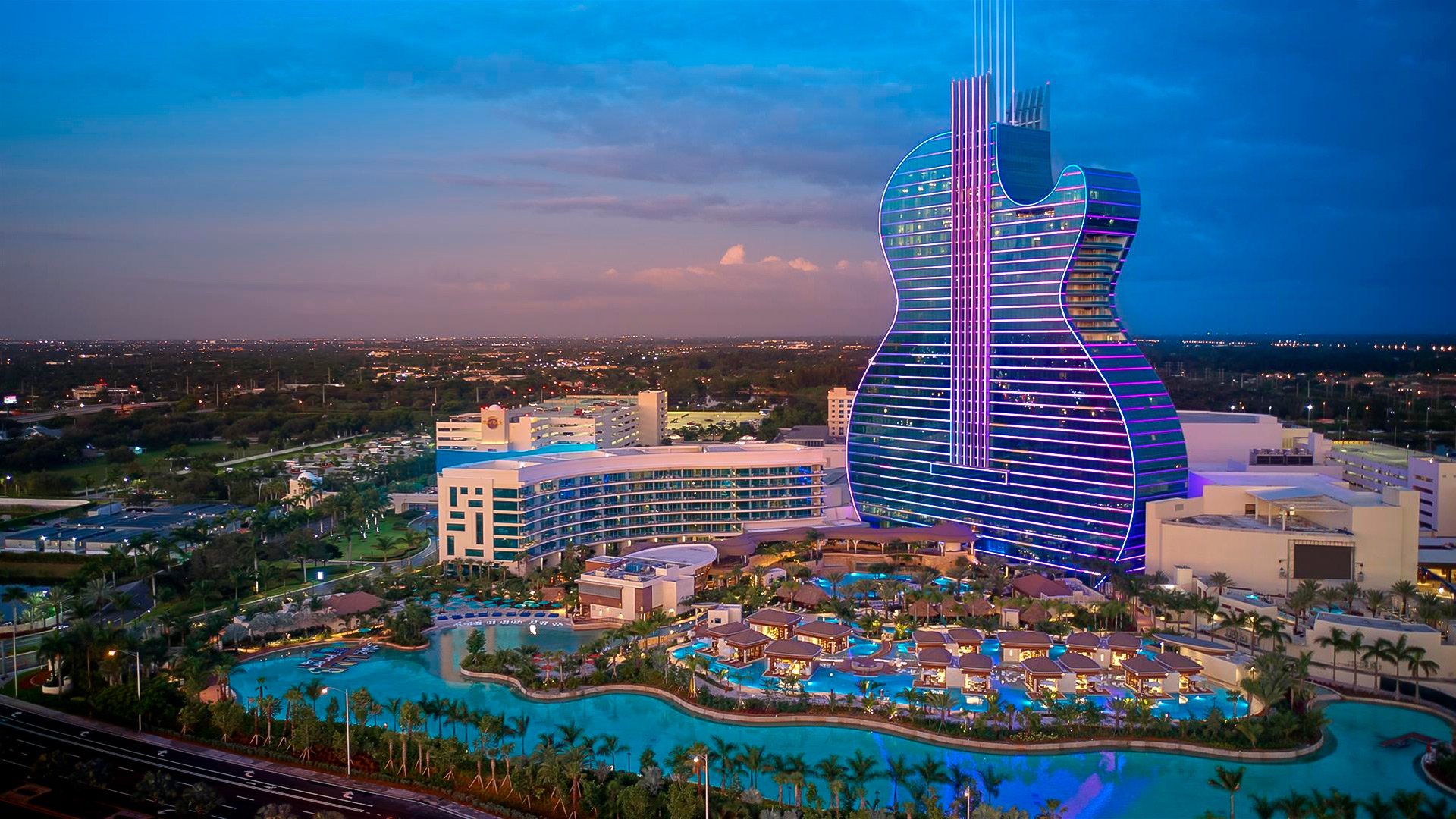Minsk casinos hit by Russian downturn

According to Helen Keane, the general manager of the Shangri La, up to 80% of the casino’s customers are Russians. They don’t need a visa to come to Belarus, can get to Minsk quickly – it’s only an hour-and-a-half by plane from Moscow – and benefit from the fact that the dominant language in the city is Russian. The most popular game after roulette is “Russian poker”, a local variation of Caribbean stud poker.
Casinos in Minsk would typically invite players who buy at least $10,000 worth of chips for all-expenses-paid weekends, arranging charter flights from Moscow and booking luxury hotel rooms. Many more would come on their own. Since the start of the crisis, however, fewer Russians are going abroad to gamble, and those who do have less money to spend, according to tour operators.
Experts say the crisis is likely to continue, and a rash of recent closures seems to mark the beginning of the end for the Minsk casino boom. More than a dozen major casinos were operating in Minsk before the crash. But this year, the Bakara, Millennium, Mirage, Victoria and Zolotoi Arbuz all shut their doors.
The Shangri La has 10-20% fewer customers than before the crisis, according to Keane, and their spending power has also shrunk. “We did lose quite a few visitors. A lot of our players had less money, but they would still visit,” she said.
Despite the downturn, Isayenko and Sergeyev said Minsk remained a far more attractive destination than Russia’s four designated gambling zones, where most infrastructure is still under construction. One of the casinos in the Azov City gaming zone, which has been built in the middle of farm fields south of Rostov-on-Don, operates in a giant tent. Azov City is expected to soon be closed entirely in favour of a gaming zone in Sochi, at a loss of millions of dollars to investors.
According to Keane, who started out in the gaming industry 30 years ago as a dealer in the English resort of Blackpool, a few high-end casinos in Minsk will survive, while many smaller casinos and slot parlours will likely close down.
“We saw a downturn in revenues but not to the extent that our business would close. We cut our costs. We weren’t hurting, some of the others are. Russia’s lived through several crises, but they survive, and there are always are some who will play. If you’re a billionaire and you lose a few million, you’re still a billionaire,” she said.

















































